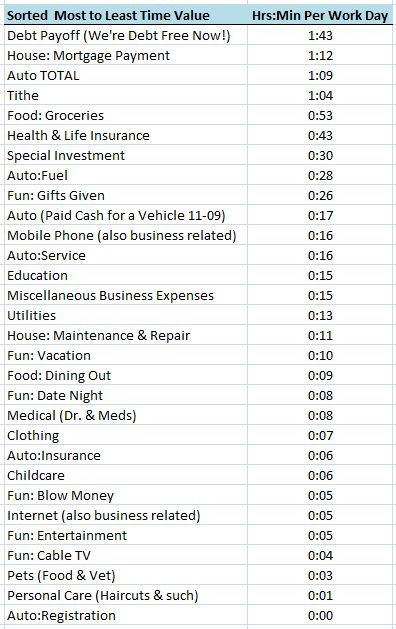The story of the miraculous recovery of congress woman Gabrielle Giffords was told last night on TV. January 8, 2011 she was shot in the head with little chance of surviving but she is once again full of life. The story fascinates me not only because of the miraculous recovery but because of the relationship between her and her husband Mark Kelly. Truly amazing.

Here are the things that stood out most to me as I watched the story:
Faith – Mark videod the recovery because he expected it was going to happen.
Failure is not an option – Mark set goals for Gabby to challenge her natural drive and he was there every step of the way. He told her things like “You have not been beaten, you’ve just been beat up.”
Positive attitude – Mark put up a sign outside the room telling everyone “no crying” and another one to himself to remind him to take a deep breath and stay focused before he entered the room.
Unity – Mark was united with Gabby’s mother and they shared their hope and all the efforts toward recovery.
The sky is not the limit. Mark is an astronaut and that is one of their mottos. Both Mark and Gabby are aiming for what seems like impossible goals. We just have to believe it’s possible.
Tough as nails. When asked to describe Mark the words Gabby used were “tough as nails”. He feels the same about her. Their love for each other is sp obvious and strong, tough as nails… We all can be inspired and encouraged by their story and example of how marriage should bedding better or worse.





